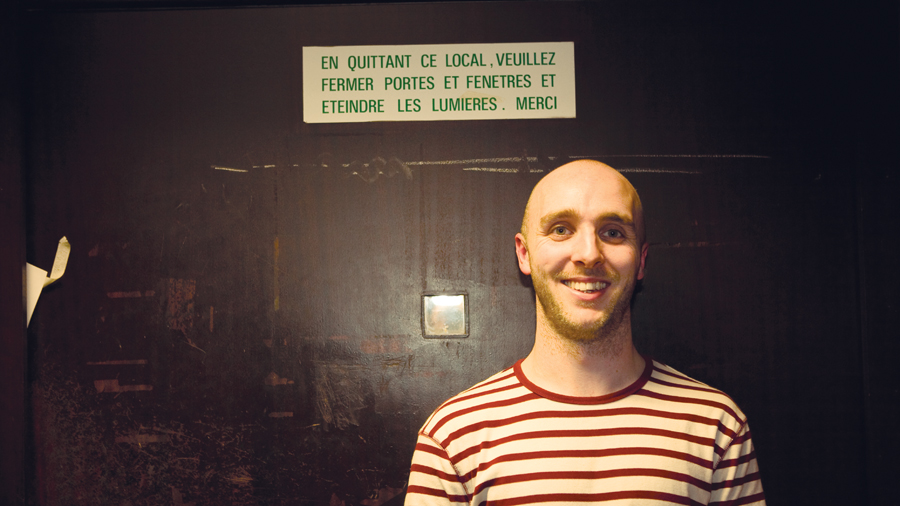The software patent campaigners: fighting for freedom
We meet End Software Patents

While we merrily use our Linux boxes there's a secret army at work, fighting to protect our freedom.
Ciarán O'Riordan is one of their number: as a member of End Software Patents and former contributor to the Free Software Foundation's work on reforming patent laws, he's one of the clever and dedicated people fighting for the freedom we take for granted. We sought him out at FOSDEM, in Brussels.
Linux Format: Most of our readers in the UK or EU will probably think that we don't have software patents. But something you said earlier implied that they can still be enforced even though they aren't on the legislature. How does that work?
Ciarán O'Riordan: Governance of patents in general is split between patent office, the legislation and the courts, and so normally the way it happens is that each body should be the checks and balances for the other bodies. What's happening now is that the legislation says that programs for computers are excluded from patentability. But the patent office have developed a very strange interpretation of this.
What they've essentially done is read the text as saying programs for computers are excluded as such, and this means programs for computers as programs for computers. But if you want to patent a program for a computer as a memory device containing something… if you name it something other than a program for a computer, then all of a sudden it's no longer a program for a computer as a program for a computer.
It's not a plain English reading of the text, but it's what they've been doing for a long time, and we have the courts looking at the patentability question, and the UK courts are saying: "well, it's so hard to interpret this law and the EPO (European Patent Office) has already interpreted it this way, so let's be uncontroversial and we'll use their interpretation."
One judge even mentioned that he was doing that for consistency, which is a funny way to put it because the patent office always do their evaluation before the court. The only way a court can be consistent is to follow exactly what the patent office has already decided. It's a very strange situation, where you have the European patent office, which is not part of the European Union; it's not part of the UK; it's answerable to nobody, yet they're making the decisions that are being followed by the UK's highest court. We have to get new legislation in, but there's a massive amount of work.
Sign up for breaking news, reviews, opinion, top tech deals, and more.
In 2002, when we were working on the EU Software Patents Directive - people left their jobs to work on this sort of thing. I moved country to work on this, and that was the amount of lobbying it took just to get the proposal stopped, so to actually get a victory would be even more work.
The problem is that whenever it looks like we're going to get a victory, the people on the other side will try to stop the process.
LXF: Is the problem getting hold of people who know enough about software patents, and European law, who speak enough Slovenian or Maltese, or any of the other languages of the EU?
CO'R: The language barrier isn't so much of an issue. People mostly use English. The bigger problem is getting the software developers to understand how law works. What you have to remember is that if the word 'technology' is in the text, 'technology' doesn't mean what the dictionary says it means; 'technology' means what some judge 10 years ago said technology means.